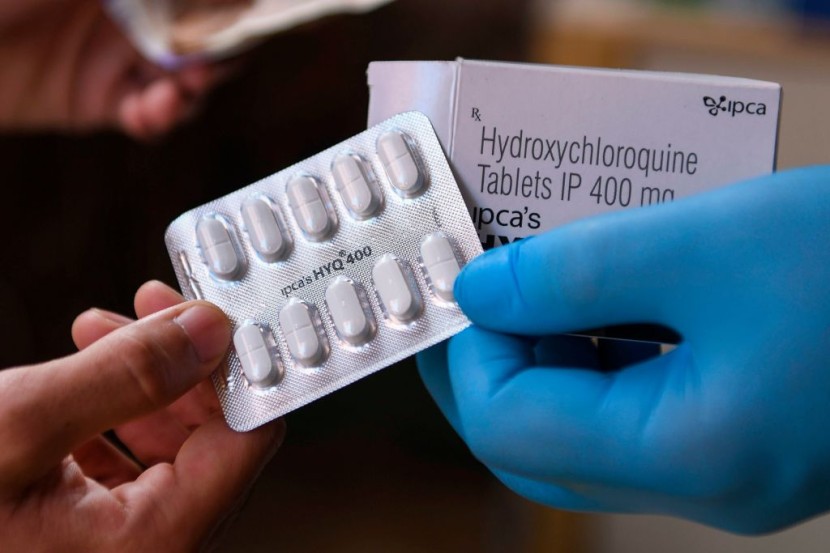
Search for an effective preventive has led to a study of hydroxychloroquine as an alternative treatment for the Omicron variant.
Due to increased infection rates by the new variant, the antimalaria drug, which has had side effects, is part of a study at the University of Glasgow.
But the results have not been published, so that any conclusions will depend on the results. All findings will be investigated, and recommendations forthcoming.
Drug effectiveness against Omicron being studied
The new variant has been adept at infection and learning how vaccines help in preventing the Omicron from invading, reported the Indian New Republic.
Scientists have that antibody from vaccines given to kill the bug; has been bypassed by the variant. Spreading sickness from others was to cause an infection of the cells more ominously is how it adapted to become virulent by not as deadly.
This virus possesses a lipid bilayer, a thin two-layer film similar to our cell membrane.
Possessing the host cells will be done when both walls fuse, allowing the pathogen to gain command of the cellular machinery, one of the ways that the pathogen would latch onto the host cell via the spike protein. The ACE2 receptor will be the vector point where invasion starts on the cell's wall.
Another way to cause infection is not just the spikes, the Omicron variant has been able to infect via endosomes, cited Medical News.
Pathogen transmitted through endosomes
Endosomes are made whenever the cell membrane pulls back, creating bubbles of outer material inside the cells that can absorb nutrients. Hydroxychloroquine is supposed to be investigated how it affects the Omicron virus.
Read Also : 10 Most Common Mistakes When Using Face Masks
Usually, cells pick materials and take the essential ones but eliminate the others that aren't needed. Most viruses, on the other hand, utilize endosomes to invade cells.
It means double trouble as the new variant has developed another way to get the job of taking over the cell machinery via the surface or an endosome.
Studies have shown these handy mutations, which the Omicron variant has developed to exploit cells. This is the vector where malaria medicine works via the endosome.
The chemical HCQ will be gathered at the endosomes and lessen acidity and obliteration, which prevents infection, acting as an antipathogen that limits the formation of endosomes that blocks the coronavirus.
Researchers contested one technique HCQ works as an antimalarial and anti-inflammatory drug. It's worth mentioning that no new studies have looked into the effects of HCQ on Omicron.
HCQ gains notoriety in the breakout. Scientific fraud expert Elizabeth Bick disprove claims the therapies are legit.
Didier Raoult was exposed as a fraud, but he filed a case against Ms. Bick for damages due to his actions. Both Donald Trump and Emmanuel Macron supported the use of the drug as well.
The Lancet posted a study that HCQ would cause more deaths, but it was said to have falsified data. Still, no benefit was ever found, and the malaria drug became forgotten till now.
Studies by the University of Glasgow need to be verified, and its result and how the new variant will fare under scrutiny.
Hydroxychloroquine (HCQ) is another path to control the spread of the Omicron, which the new study could prove after the results.
Related Article: Use of Hydroxychloroquine for COVID-19 Cure Lessened As Evidence Show Drug Does Not Work








